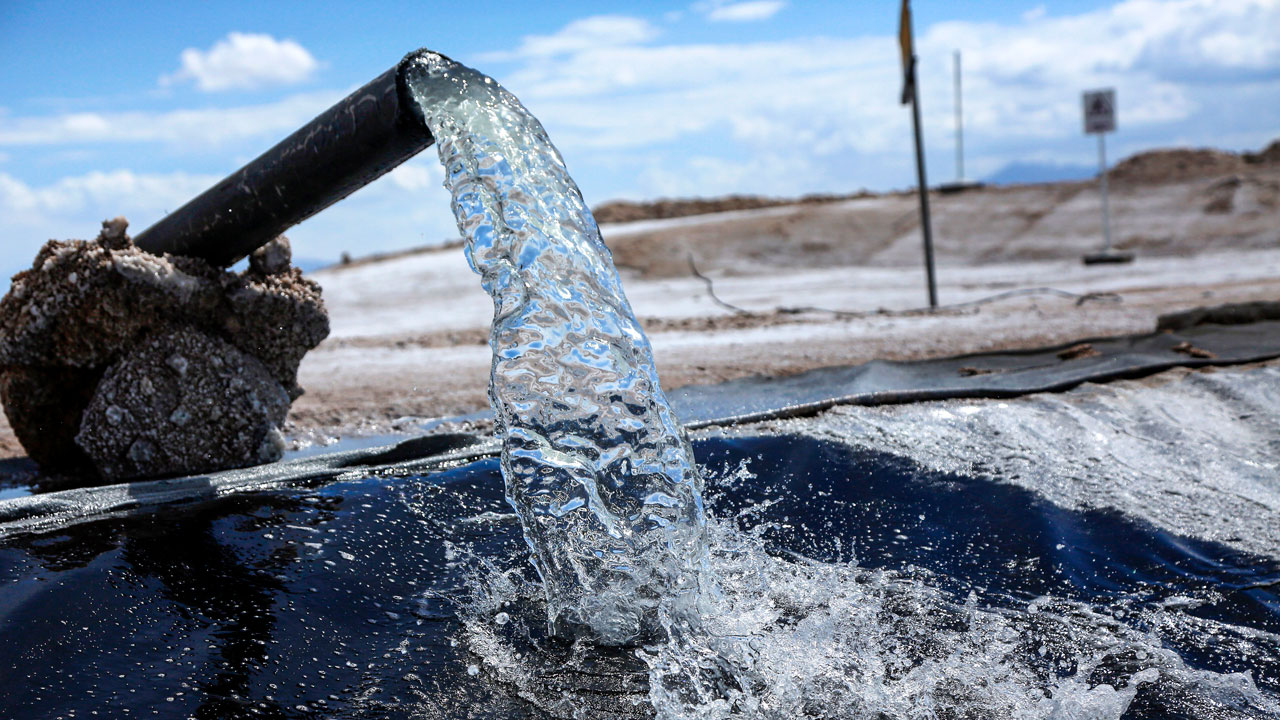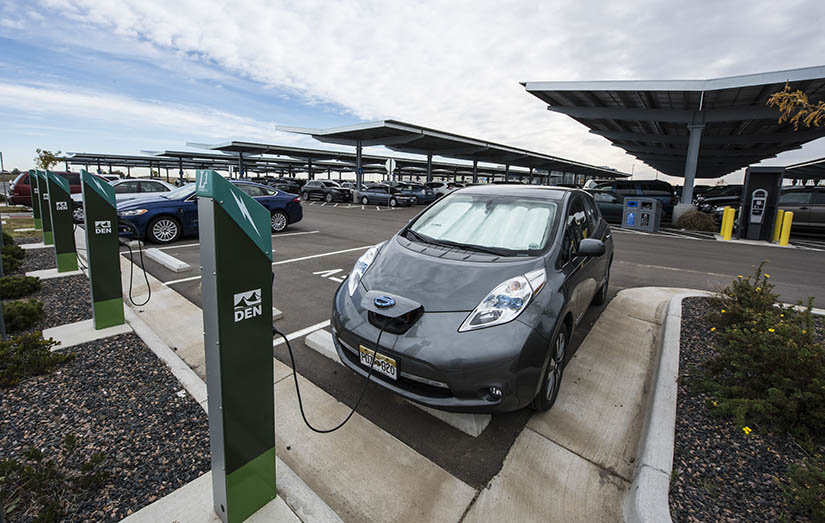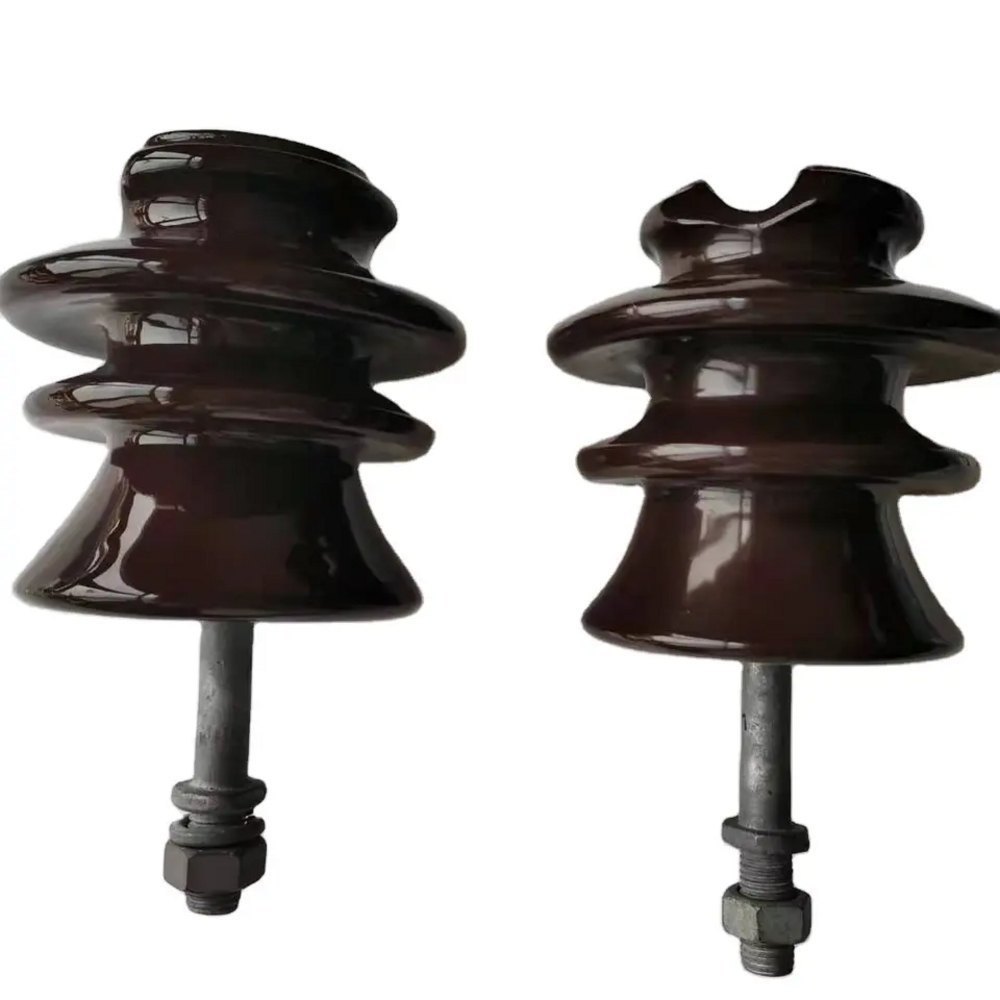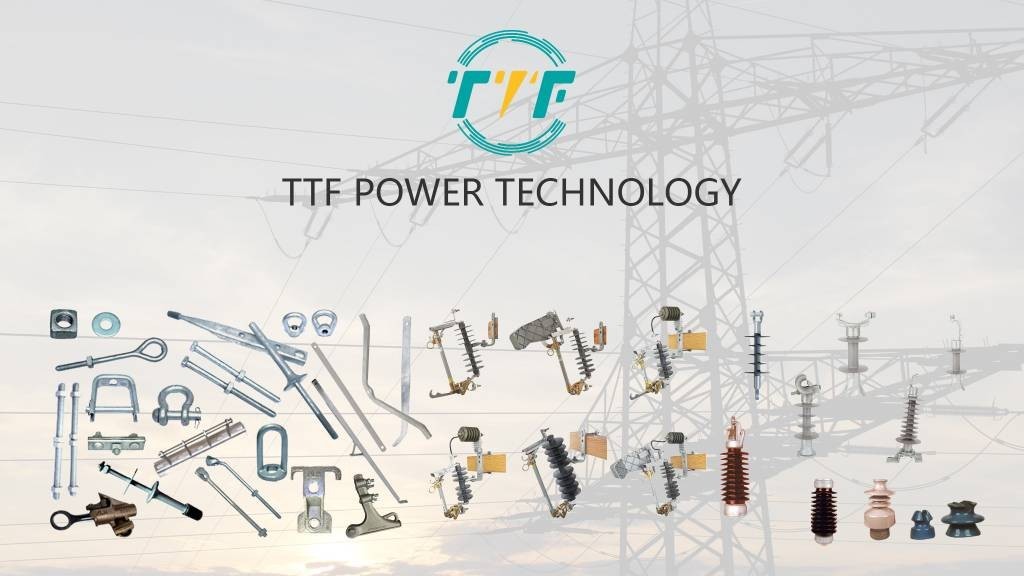
Lithium is a key component in lithium-ion batteries, which power electric vehicles. South America has huge lithium reserves, establishing it as a key role in the worldwide EV supply chain. Countries such as Chile, Bolivia, and Argentina account for more than half of the global lithium reserves. Because of its high density and efficiency, lithium-ion batteries play an important role in the transition to electric mobility. Lithium enables the production of electric vehicles and facilitates the global shift away from fossil fuels. South America’s reserves provide the region an advantage in global energy and trade dynamics. To lessen its environmental impact, the lithium sector should embrace sustainable methods. Pin insulators play an important role in South America’s electrical infrastructure, which supports lithium mining and charging electric vehicles.
Insulators separate the conductor from the supporting structure, preventing accidental contact between the electrified conductor and ground. Pin insulators aid to keep the voltage levels in power lines steady and efficient. Pin insulators are designed to withstand the conductor’s mechanical loads while maintaining the best tension and sag. They are made of weather-resistant materials such as porcelain or glass. Pin insulators are essential in power lines that transport electricity to mining sites, processing factories, and other facilities. They ensure that the electrical systems enabling lithium mining and EV charging continue to operate safely and uninterrupted.
Impacts of lithium on South America’s electric vehicle industry
Lithium has a variety of effects on South America’s economy, environment, and participation in the worldwide electric vehicle market. South American countries are increasingly adopting electric vehicles, with governments providing incentives and infrastructure support. This generates local demand for lithium and batteries, promoting a circular economy. The following are the effects of lithium on South America’s electric vehicle industry.

- Advancement in renewable energy—lithium production enables the integration of renewable energy into mining operations. This helps reduce the carbon footprint of extraction processes. Promoting domestic EV markets creates demand for locally produced lithium and fosters regional EV development.
- Environmental impacts—lithium extraction consumes large amounts of water, which can reduce resources in arid regions. The extraction process involves energy consumption and emissions in projects powered by non-renewable energy.
- Economic benefits—lithium mining and processing generates employment opportunities in remote areas of Chile, Argentina, and Bolivia. This leads to increased foreign investment, export revenue, and emerging local industries.
- Social impacts—lithium extraction leads to disputes over land and water use in remote areas. There are also concerns over how revenues from lithium mining are distributed.
- Geopolitical impacts—the plentiful lithium reserves speed up the global green energy transition. The region relies on foreign technology and expertise for lithium extraction and processing.
The role of pin insulators in the South American electric car industry
Pin insulators improve the dependability and safety of the electrical systems used in lithium extraction and processing for the electric vehicle sector. They ensure dependable and safe electrical transmission, bolstering the region’s position in the EV supply chain. Discusssed below are the functions of pin insulators in the electric car sector.

- Electrical infrastructure support—lithium extraction operations need electrical infrastructure to power machinery and processing plants. Pin insulators secure electrical wires to poles and prevent them from coming into contact with grounded structures.
- Ensuring safety in harsh environments—pin insulators are from materials like porcelain that can endure temperature extremes, UV radiation, and corrosive winds.
- Supporting renewable energy integration—the insulators ease the integration of renewable energy into electrical grids. This is by ensuring the stability of transmission systems. Additionally, it helps distribute renewable energy across mining and processing operations.
- Enhancing operational efficiency—reliable pin insulators reduce electrical losses and disruptions. This ensures a steady supply of lithium for the growing EV market.
- Sustainability and durability—pin insulators are able to reduce maintenance needs and environmental impact in lithium mining operations.
Barriers to Lithium and the Electric Vehicle Industry
South America contributes significantly to the global supply of lithium, which is necessary for electric vehicle batteries. The region has many obstacles in expanding its lithium production to fulfill the demands of the electric vehicle sector. TTF is a world-class global provider of high quality overhead line hardware, transmission hardware, distribution hardware, conductors, insulators, cutout switches, anchoring and grounding products. These products aid in the construction of lithium mining infrastructure. These problems include environmental concerns, neighborhood conflicts, political unrest, infrastructure shortcomings, technology gaps, and economic dangers.

